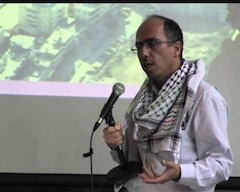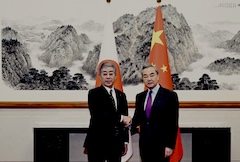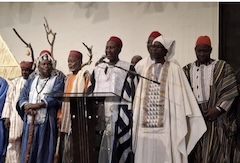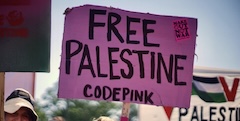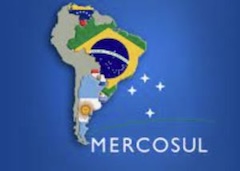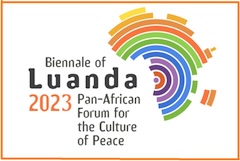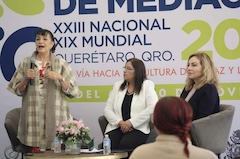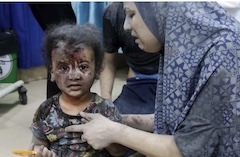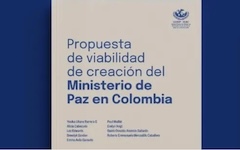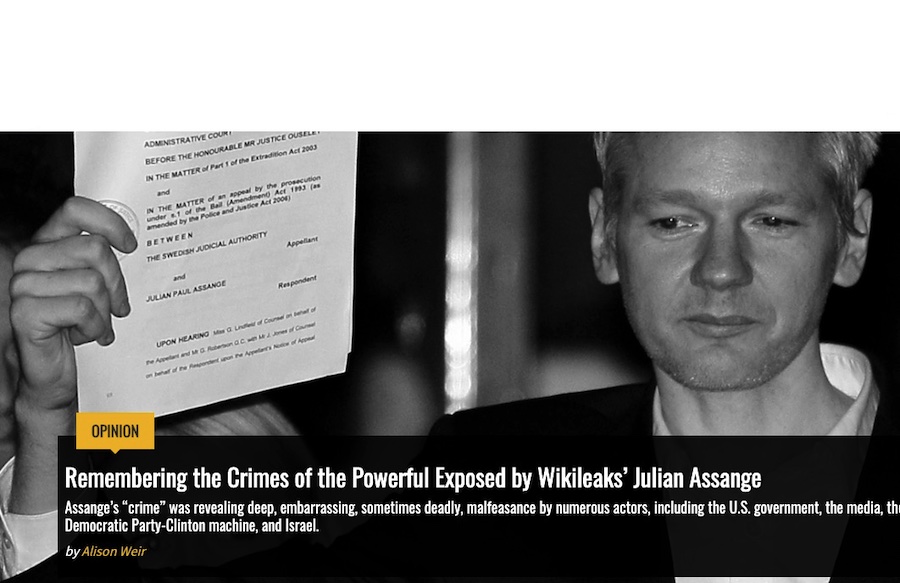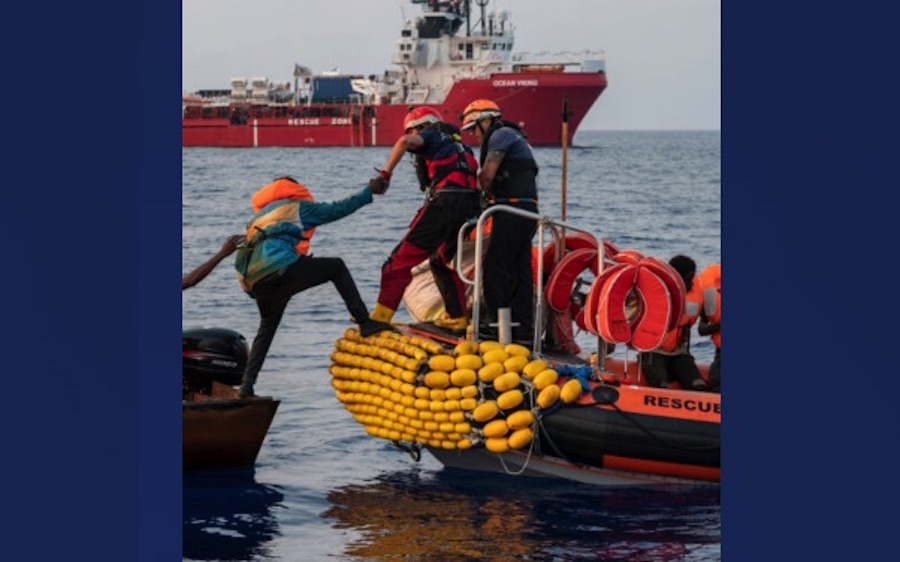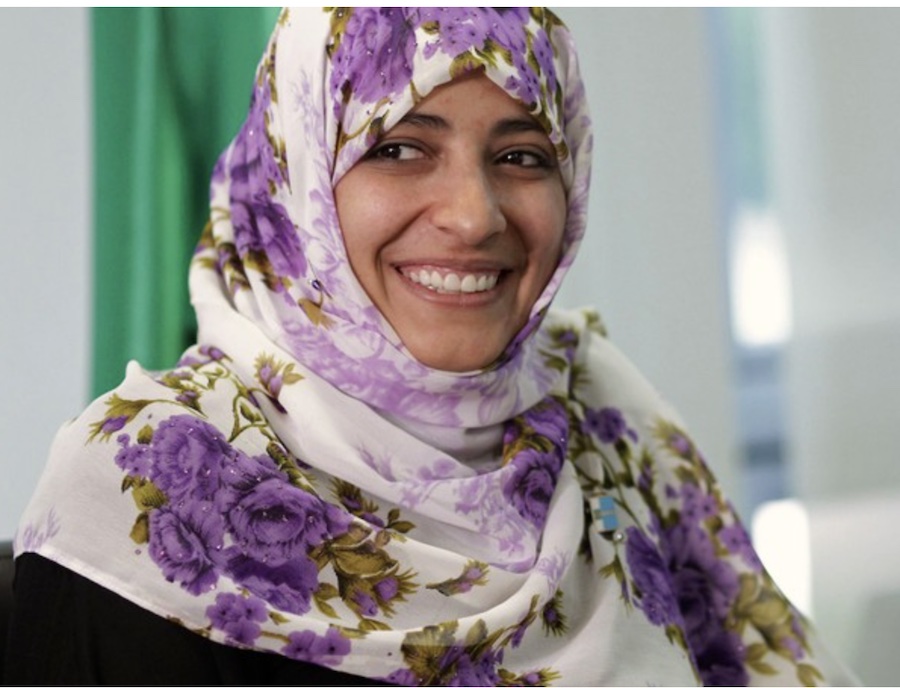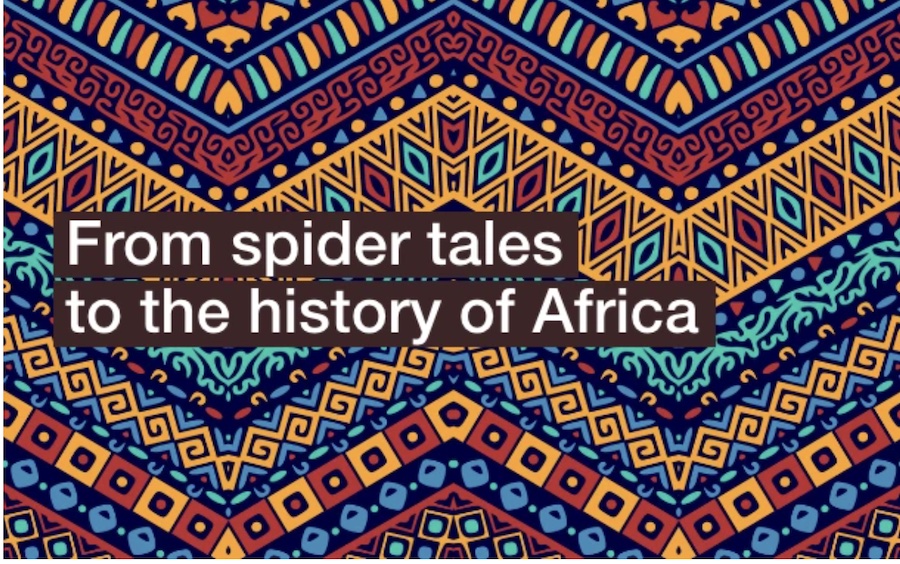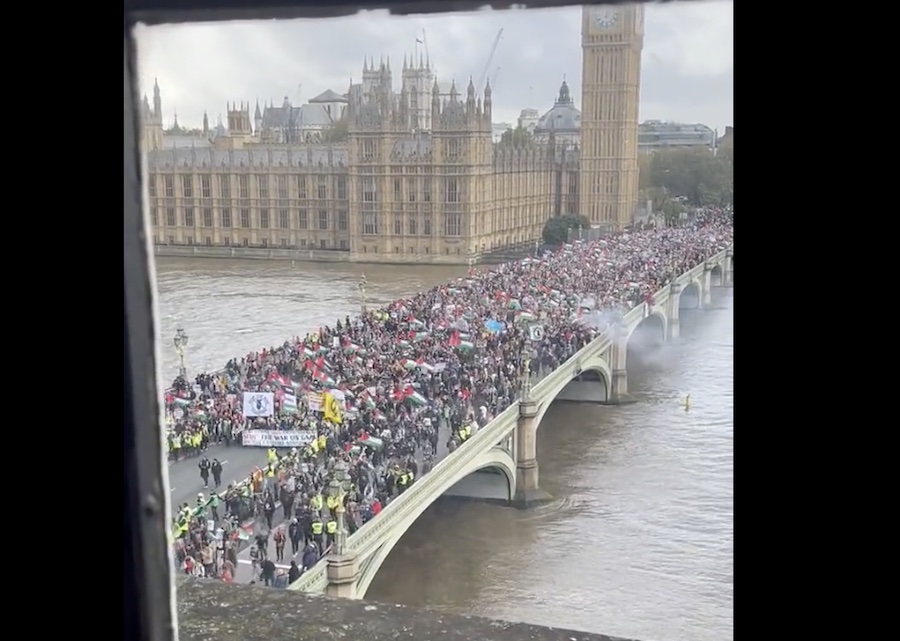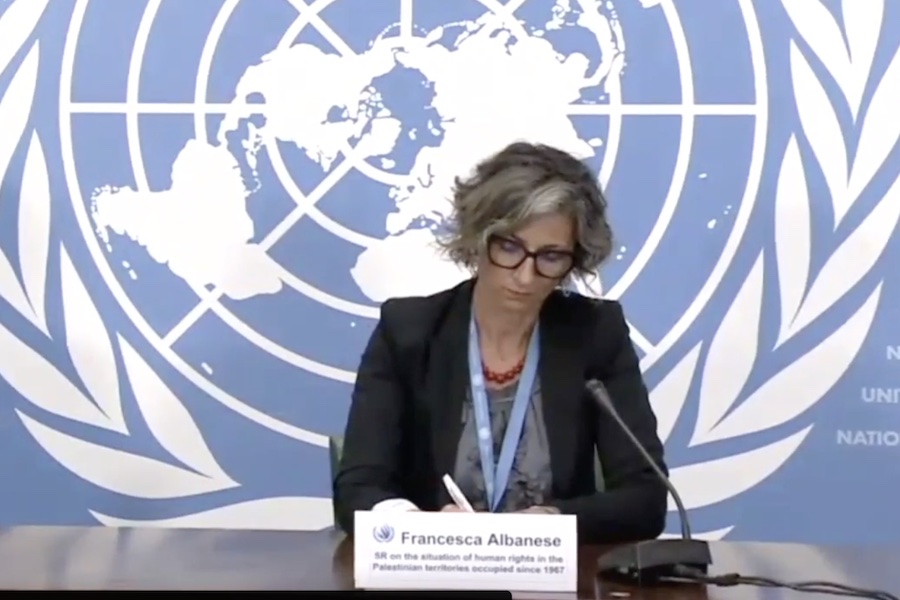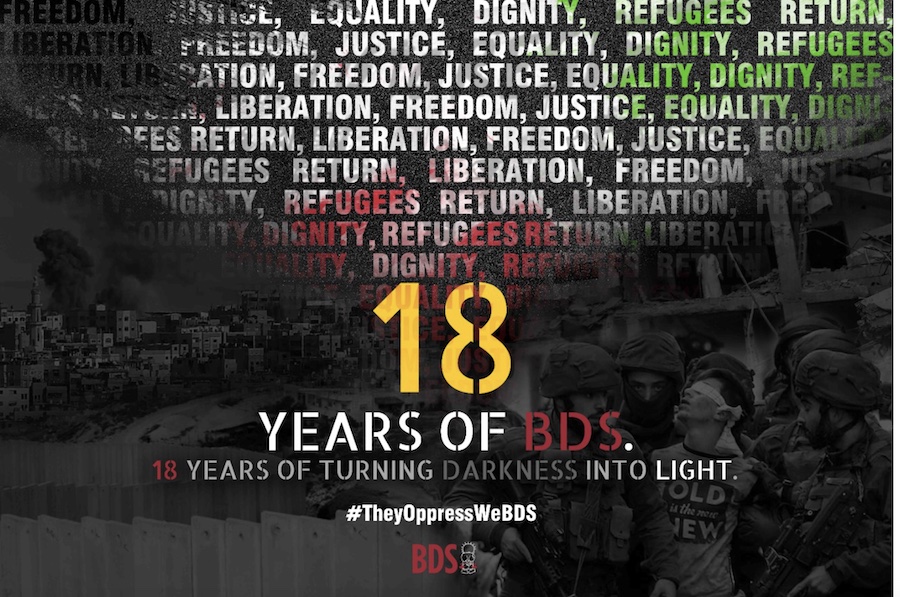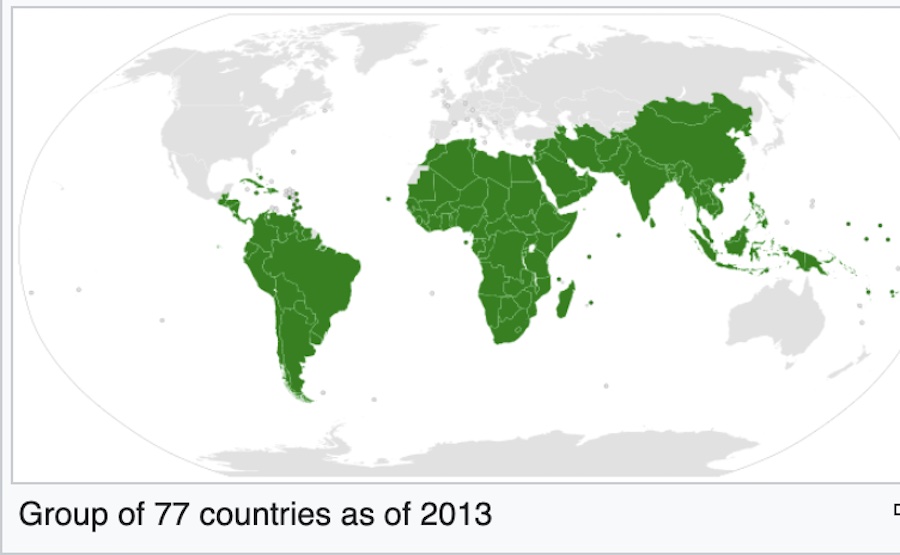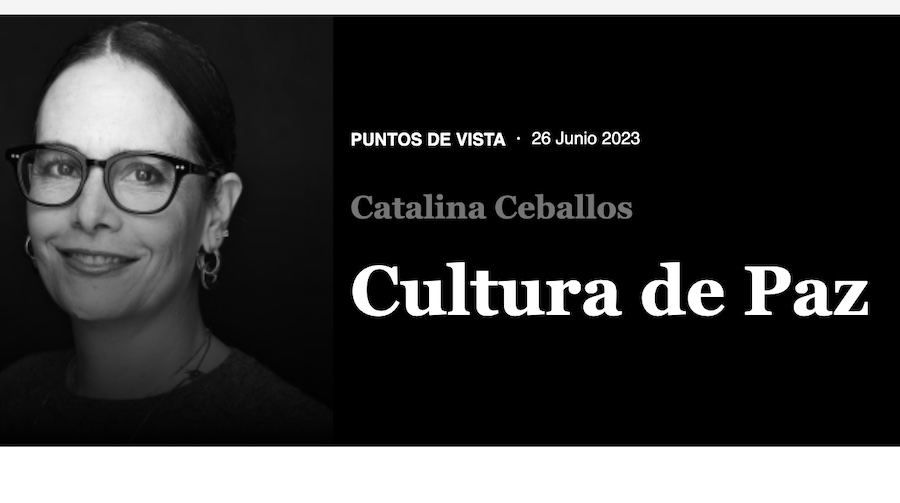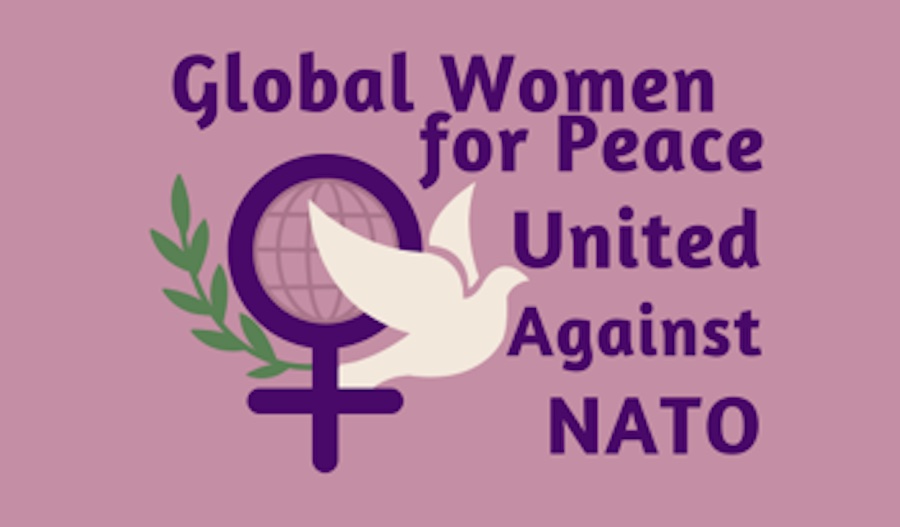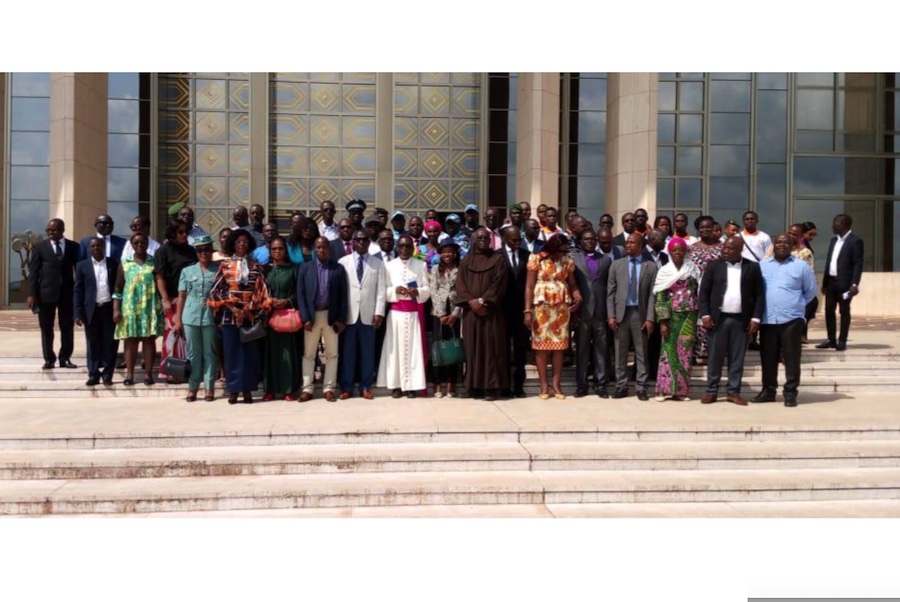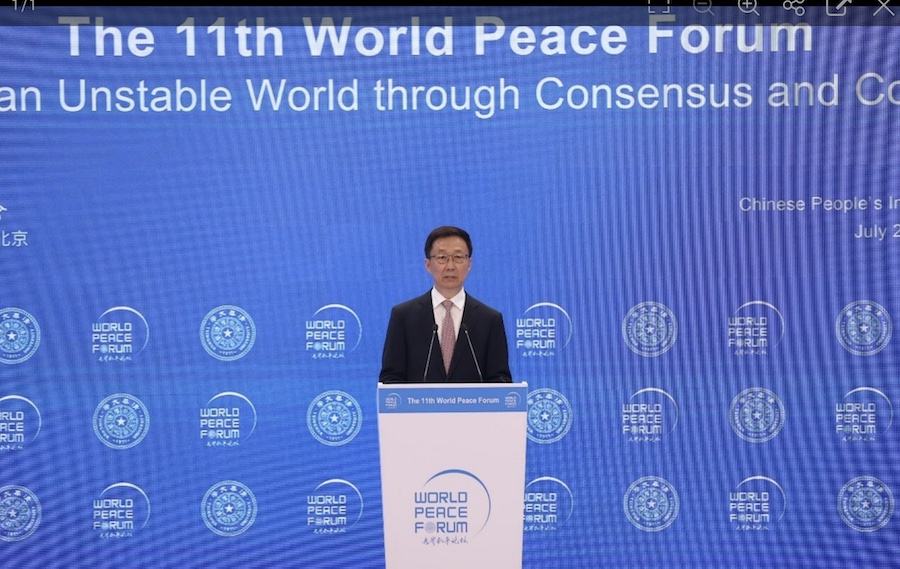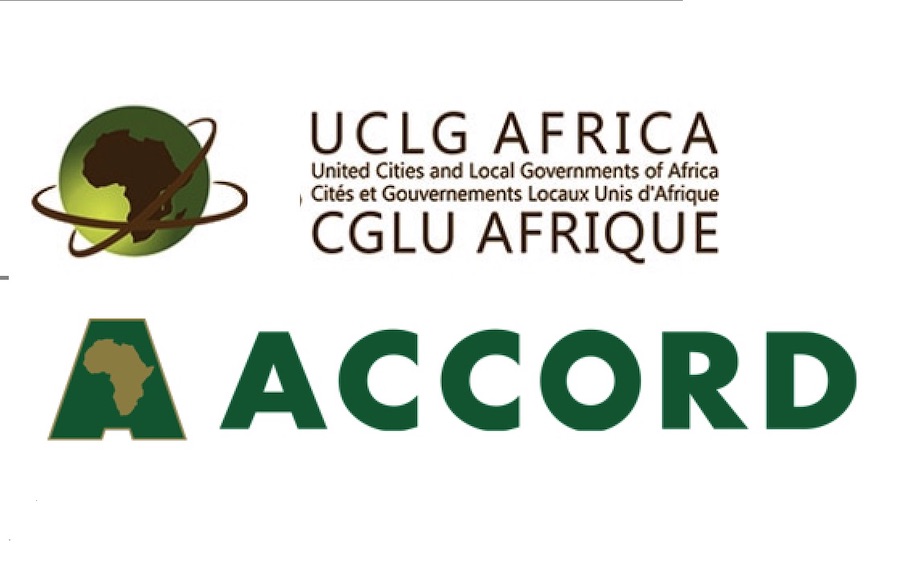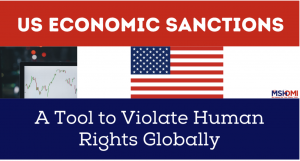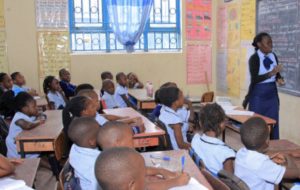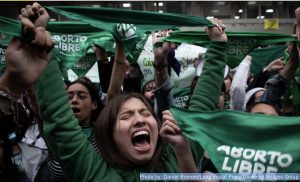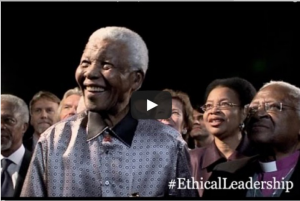Will the recent ceasefire agreement for Gaza lead to peace? Here are some perspectives from some people whom we especially respect at CPNN.
CODEPINK celebrates the news of a ceasefire agreement in Gaza. As reported, as of January 15 only the first stage of the ceasefire agreement has been accepted by both Israel and Hamas. We hope all stages are also accepted as soon as possible to ensure a permanent ceasefire and the ability for Palestinians to rebuild with freedom from Israeli attacks.
If there is to be peace, CODEPINK lists 8 addition steps that are necessary. These include an end to all US military “aid” to Israel, the right of return for all Palestinians barred from their homeland and a free Palestine from the river to the sea.
Michael Moore urges us to go to the cinema to see FROM GROUND ZERO: STORIES FROM GAZA that shows us what the people of Gaza are facing every single day. He reminds us that art has always been a powerful weapon of the oppressed. “There is no better means of cultivating understanding and empathy than through art. And for me, there’s no better outlet to convey truth and inspire resistance than the art of the moving image.”
Rivera Sun reminds us that the pro-Palestinian movement has achieved an extensive number of strategic objectives in the longer effort to halt the genocide through nonviolent action. The International Court of Justice found that BDS – Boycott, Divest, Sanction – is not only legal, it’s obligatory. Boycotts in Kuwait, Lebanon, Qatar, Syria, Iran, Iraq, parts of Turkey, and other regional nations have led to a 48.2% drop in profits for US-brands like KFC, Pizza Hut, Baskin Robbins, Costa Coffee, and Krispy Kreme. BDS also forced Pret a Manger to drop plans to open 40 stores in Israel.
The Elders warn Gaza ceasefire and recovery at risk if UNRWA is not protected. After fifteen months of war and at least 46,000 Palestinians killed, the massive surge in humanitarian relief and the restoration of essential services that are so urgently needed now rely on UNRWA as the indispensable agency in Gaza.
Richard Falk believes that Israel will probably not end the conflict until it has annexed the West Bank coupled with a declaration of Israel’s victory over the Palestinians, signified by the formal establishment of Greater Israel as an exclusivist Jewish state from ‘the river to the sea.’ He warns that “even if the ceasefire is more or less maintained in its first phase, Israel seems unlikely to remain within the ceasefire framework once the six weeks of phase one is completed, which means that the latter two latter phases of ending the campaign and IDF withdrawal phases of the ceasefire will never happen. In this event, it is all but certain that Israel would then resume the full fury of its genocidal campaign.”
Falk says that In the background of his response is the growing evidence that Israel allowed the October 7 attack to happen because it wanted to initiate massive violence against the Palestinians with the justification of acting in a retaliatory mode that would excuse the death and expulsion of large number of Palestinians, a lethal process more or less repeating the expulsions of an estimated 750.000 Palestinians in 1948, what is known to Palestinians as the nakba or catastrophe.
He explains that the Israel government received several extremely reliable warnings preceding the October 7 attack, including from US intelligence sources. In addition, Israel possessed advanced surveillance capabilities throughout Gaza to monitor Hamas resistance moves. These technical capabilities were reportedly reinforced by informers making the supposed ‘surprise’ nature of the attack hardly possible to believe.
Mairead Corrigan Maguire, Nobel Peace Laureate, has nominated Palestinian activist Mazin Qumsiyeh for the Nobel Peace Prize. Mazin, left a brilliant career as a scientist in the United States to return to Palestine where he works for peace. We often quote him in CPNN.
Mazin Qumsiyeh tells us the following about the significance of the current situation. “Locally, Israeli apartheid forces are now doing in our parts of the West Bank what they did to Gaza. Ethnic cleansing, destruction of property, and massive violations of human rights ranging from right to move right to worship, right to simple dignified life. People here are scared that this is merely the beginning of accelerated genocide and ethnic cleansing as perpetrated in Gaza.
“We have repeatedly warned of the consequences of Western collusion with genocide and ecocide. The fate of Gaza will be the fate of humanity if not enough people wake up in time to the global reality of simply unsustainability of “might makes right” colonial policies. . . .
“An alliance of neocolonial powers [is] reinvigorated and working towards the same goals: making the rich richer, the poor poorer, and wrecking the global environment while unleashing militarism and wars in unprecedented cruelly like we see in Palestine (genocide and ecocide). Our species is at a pivotal moment in history never experienced before. We are then many, they are the few. If more of the many mobilize quickly we may still have a chance to save ourselves and our planet. . . .”
|
HUMAN RIGHTS |
SUSTAINABLE DEVELOPMENT |
FREE FLOW OF INFORMATION |
WOMEN’S EQUALITY |
|
TOLERANCE & SOLIDARITY |
EDUCATION FOR PEACE |
DEMOCRATIC PARTICIPATION |
DISARMAMENT & SECURITY |


